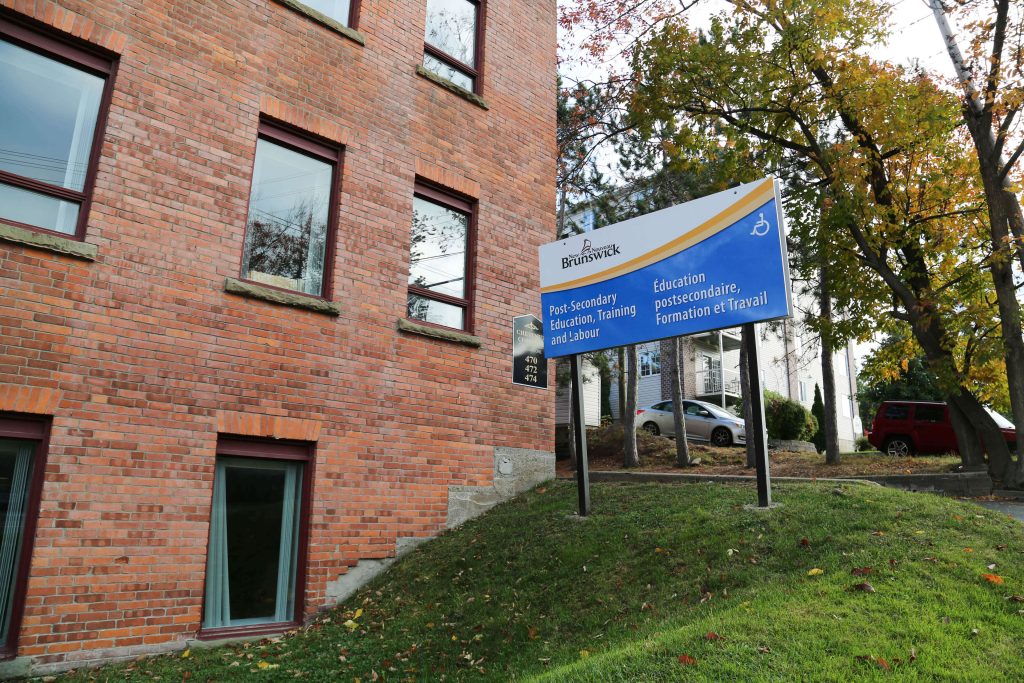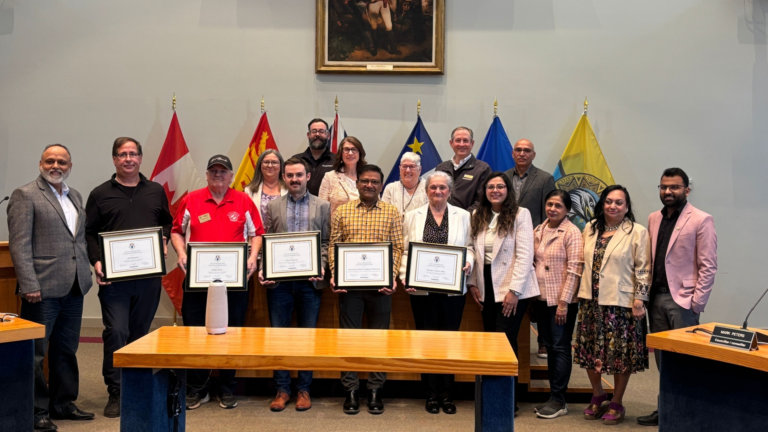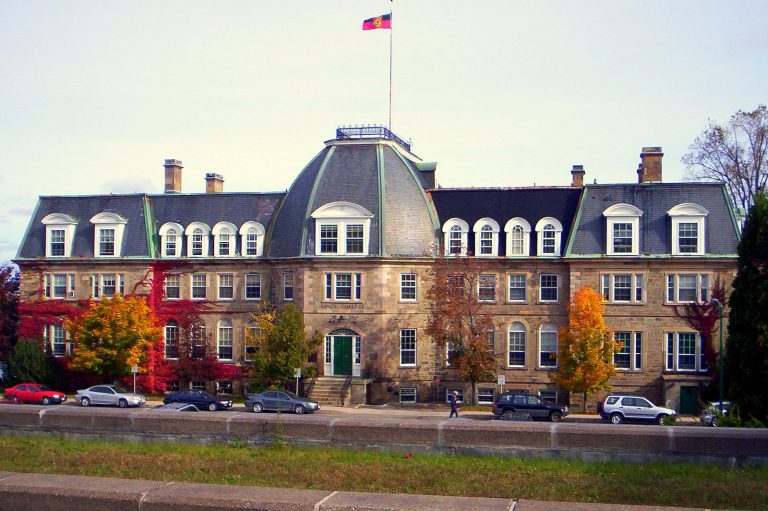New Brunswick’s minimum wage has increased from $11.00 to $11.25—the fourth raise since December 2014, resulting in an overall increase of $1.25 per hour.
This increase went into effect on April 1, 2018, which all four Atlantic provinces decided will be the date for minimum wage increases annually.
This is in correspondence with the government of New Brunswick’s multi-year economic growth plan, which prioritizes growing the economy and creating more jobs.
Sarah Williams, spokesperson for the provincial government, said that moving forward, minimum wage increases in the province will be tied to the rate of inflation.
“The recently announced $0.25 per hour increase is an inflationary increase that will protect the purchasing power of minimum wage earners in the context of rising prices,” said Williams.
The provincial government will be indexing minimum wage increases to the New Brunswick Consumer Price Index, which increased by 2.3 per cent in 2017. Williams said they are doing this in part to provide predictability for businesses that create jobs and help grow the economy.
Some students, including Renaissance College student Nate Wallace, don’t think $11.25 constitutes a living wage. Wallace said that not only does the $0.25 increase not match inflation, but it’s also still a poverty wage.
“A poverty wage going up with inflation is still a poverty wage. We need a living wage of $15 an hour. If you give minimum wage workers more money, they end up spending it and boosting the economy,” said Wallace.
Wallace is not the only one who thinks this. UNB student Abram Lutes is chair of Fight for Fifteen—Fredericton, a community group that advocates for a $15 minimum wage.
According to Lutes, the group began last year after a dispute between St. Thomas University and its custodial workers union almost resulted in a strike. One of the issues of the dispute was a request for a $15 minimum wage.
“We wanted to start a broader conversation about a $15 minimum wage both to prompt the government to action, but also to show those workers if they were on the picket line, that they had support from a broader section of society,” said Lutes.
And while Lutes acknowledged that a $0.25 increase is not necessarily a bad thing, he thinks the raising of minimum wage is happening far too slowly, and that using the Consumer Price Index may not be the best way of measuring a living wage.
“Inflation rises every year, and so I think what we need right now is to catch up to the actual rate that it takes to live, and [$1.25] every four years is really kind of dragging their feet. I think it doesn’t really result in any meaningful change for working people,” said Lutes.
This $0.25 increase would result in minimum wage workers, working at 40 hours per week, earning another $40 per month.
Lutes believes that a $15 minimum wage would be beneficial to New Brunswick’s economy, in part due to the impact of increased spending of those who make less.
“A wealthy person making marginally more is actually pretty much null in economic terms, when they go and spend more. Their economic impact or contribution doesn’t increase all that much,” said Lutes.
Lutes pointed out that a lot of young people are leaving New Brunswick for other provinces such as Alberta and Ontario in search of not only more opportunities, but opportunities where they are more likely to make a reasonable livelihood.
He says that Fight for Fifteen—Fredericton would like to get more people involved, especially workers, to help put pressure on politicians going into an election to take this demand seriously.
“Our generation is the first generation since World War II that is actually looking at worse economic prospects than our parents,” said Lutes.
“I think a big part of that is bad government policy and not looking out for the interests of workers, and I think a minimum wage increase is a step towards an economic policy that does.”




